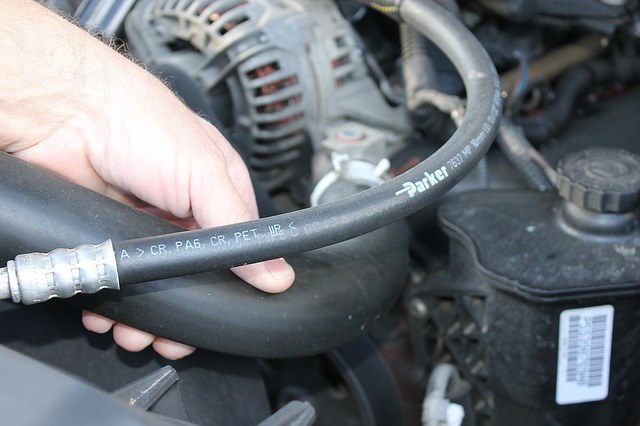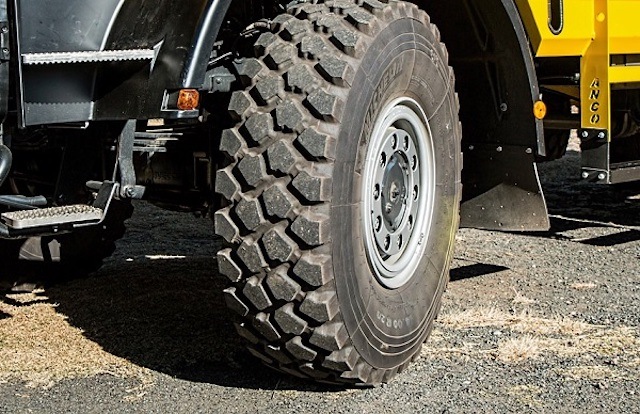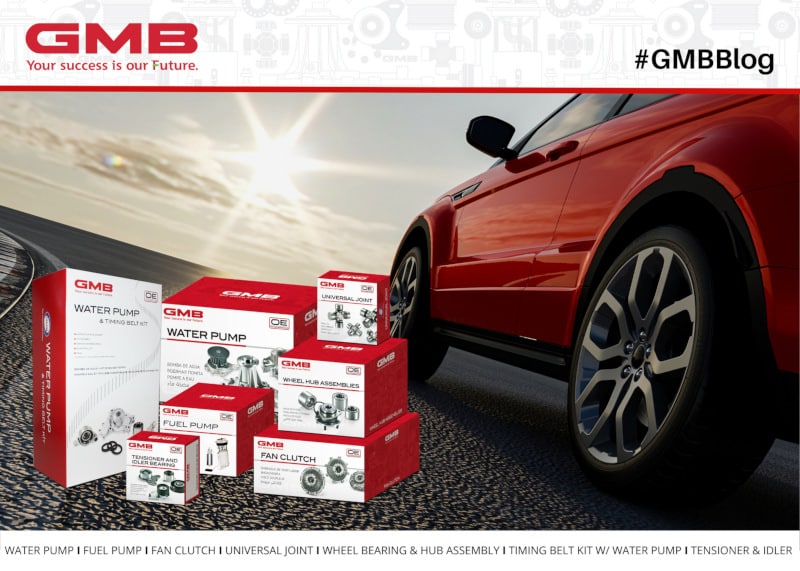The Cost Benefits of Scheduled Maintenance For Your Fleet
This article was originally published on FleetEquipmentMag.com.
Many fleet operators make a point to inspect, diagnose, and maintain their vehicles on a weekly or biweekly basis. It’s because preventative maintenance comes with great benefits, the biggest ones being:
1. Less Downtime

Downtimes cost a lot of money. When one of your trucks breaks down, you’ll end up losing quite a bit of money because of:
- Repair costs
- Expenses for sending another truck to do the job
- Losses from a missed deadline
By maintaining your fleet on a regular basis, you’ll prevent unnecessary downtime because:
- There will be longer intervals between major repairs.
- Major issues like an engine rebuild take a long time to do. But, you can greatly extend the time between rebuilds by paying attention to the minor maintenance items.
- Regular maintenance and inspections will prevent small issues from cropping up or getting worse.
2. Extended Service Life
The more you monitor and maintain your fleet, the longer components will last. For example, if a truck is going to sit idle for a week, charging its batteries will prolong their life. Also, poor alignment and improper tire pressures often result in the tires needing to be replaced sooner than usual. Taking the time to perform minor maintenance can save you a lot of money in the long run.
3. Better Fuel Economy
To operate efficiently, it’s critical to maximize fuel economy. But, a lot of small issues can cut into your truck’s fuel economy. For example:
- Poorly aligned wheels
- Incorrect tire pressure
- Dirty air and fuel filters
- Worn fuel injectors
- Delayed oil changes
Each of these things by themselves take a little bite out of fuel economy. If they start stacking up, fuel costs can really rise. Regular maintenance prevents these issues from happening and perhaps doubling up on each other.
Doing a Visual Inspection

Routine visual inspections are just as important as doing scheduled maintenance to prevent issues. An inspection done on a weekly basis will help you catch any potential issues early on before they snowball into more serious issues.
Be sure to inspect the following:
- Tires for cupping or uneven wear
- Air pressure in the tires
- Fuel cap and Diesel Exhaust Fluid filler cap (if applicable) for proper seating and sealing
- Oil and oil filter for adequacy and cleanliness
- Air and fuel filters
- Fuel/water separator
Tools and Materials to Keep On Hand For Your Visual Inspections
To make the visual inspections go as quickly and smoothly as possible, be sure to have the following tools and materials in each truck:
- Tire pressure gauge
- Clean rag (to clean the oil dipstick after checking the oil)
- Notebook (to jot down any notes if needed)
You may also want to keep an inspection checklist in each truck to make sure that they’re adequately inspected at all times.
MORE CONTENT
Stay current!
Sign up here to get the latest news
and updates on all things GMB.
Sign Up To Receive GMB News & Updates!

